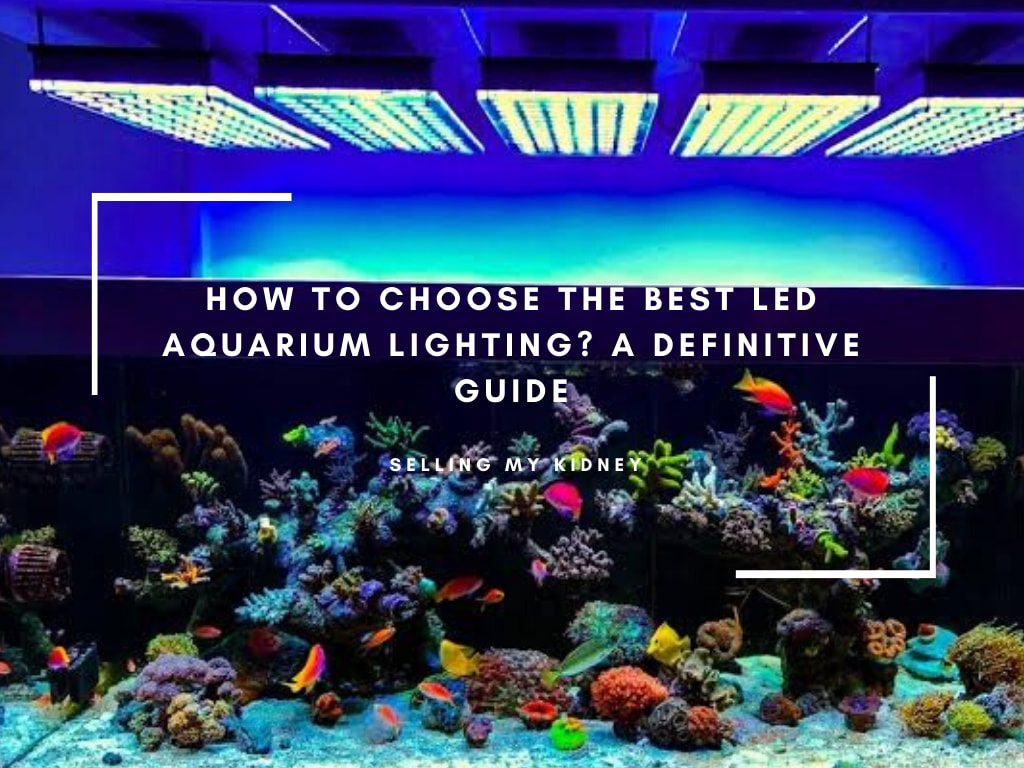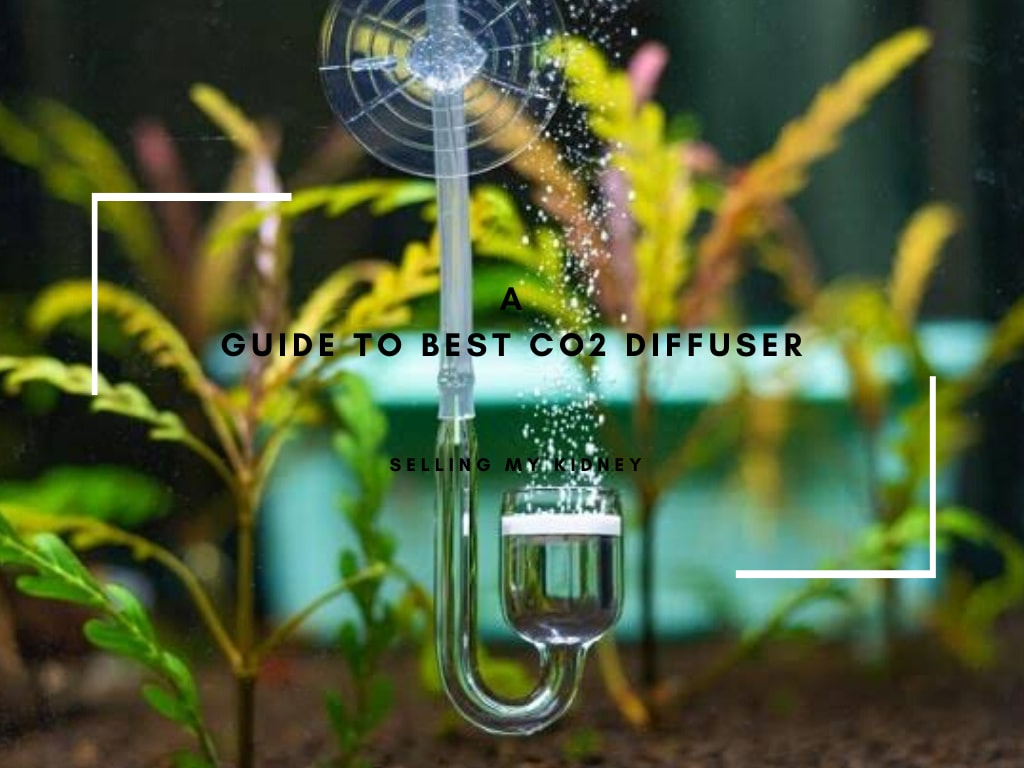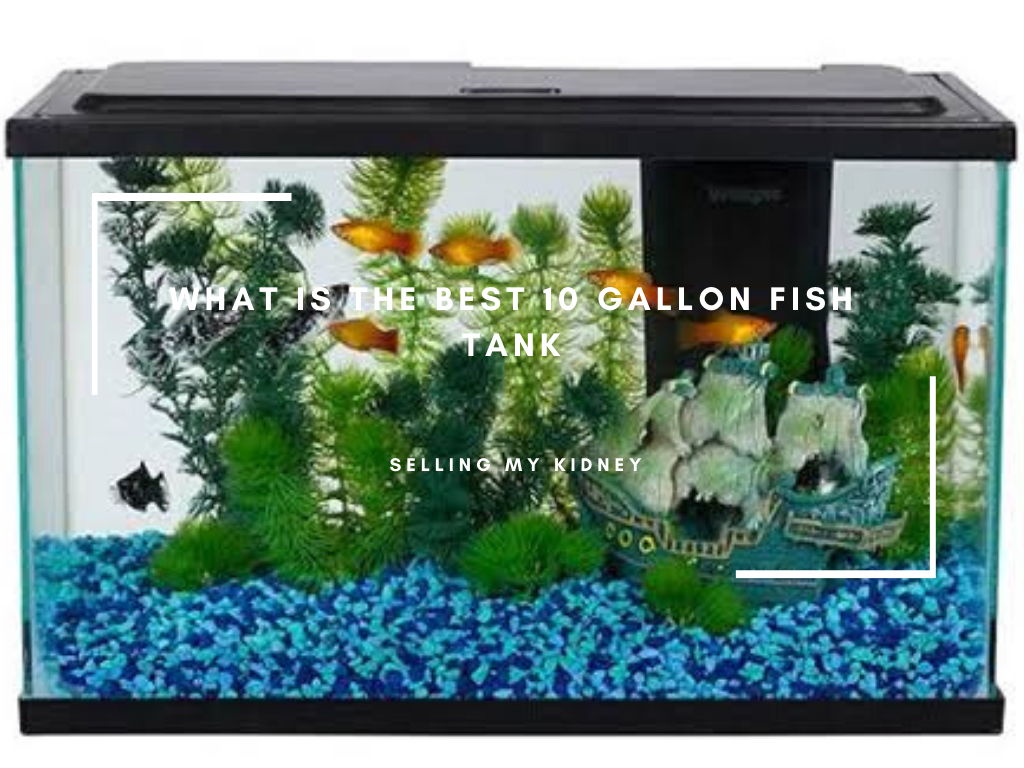Yes, aquarium filters do remove ammonia!
Ammonia is a toxic substance that can harm fish and other aquatic life.
Aquarium filters are designed to help keep the water clean by removing toxins like ammonia from the tank.
They work by trapping particles in their filter media which then breaks down or absorbs these substances before they reach your fish’s gills.
Filters also provide oxygenation for better health of all living creatures inside an aquarium, as well as providing beneficial bacteria colonies needed for healthy biological filtration processes within any given system.
A good quality filter on your tank is essential if you want happy and healthy inhabitants. It really makes all the difference!
What Is Ammonia And Why Is It Harmful In Aquariums?
Ammonia is a colorless gas with a strong, pungent odor.
It’s found naturally in the environment and can be produced by fish waste, uneaten food, or decaying organic matter.
In an aquarium, it can become toxic to both plants and animals if not managed properly.
Ammonia poisoning causes aquatic life stress, leading to disease outbreaks that could kill your entire tank population!
Here are some important facts about ammonia:
- It’s highly soluble in water, which dissolves quickly into liquid form when exposed to moisture.
- At high levels of concentration (over 0.5 ppm), ammonia becomes harmful to most freshwater fish species.
- The presence of nitrifying bacteria helps convert ammonium ions from their toxic state into less hazardous forms like nitrate.
- Regular partial water changes help reduce the number of accumulated toxins, such as ammonia.
Examples Of Harmful Effects Caused By High Levels Of Ammonia Include:
- Damage To Gills And Skin Irritation – This results in difficulty breathing due to gill damage caused by exposure
- Reduced Appetite & Lethargy – Fish may stop eating altogether because they don’t feel well enough to eat anything at all
- Increased Susceptibility To Disease Outbreaks – When stressed out from being poisoned, fish’s immune systems weaken, making them more vulnerable to diseases.
- Death From Severe Poisoning Cases – If left untreated long enough without intervention, death will eventually occur.
How Do Aquarium Filters Remove Ammonia?
Aquarium filters are essential for keeping a healthy aquarium.
They help remove ammonia, which is toxic and can harm fish and other aquatic life.
Here’s how they work:
- Aquarium filters contain media such as activated carbon or zeolite that absorb the toxins in water;
- The filter also contains beneficial bacteria colonies that break down the ammonia into nitrite, then further convert it into harmless nitrate;
- Water passes through these materials where particles of debris like uneaten food and waste products from fish and plants are trapped by mechanical filtration material (e.g., sponges);
- Chemical filtration helps reduce odors caused by decaying organic matter while helping maintain pH levels within an acceptable range for your tank inhabitants’ health.
It’s important to regularly clean out any accumulated dirt on the filter, so it continues working properly!
Using all three filtering types – biological/chemical/mechanical – will ensure optimal removal of dangerous substances like ammonia from your aquarium environment!
Are All Aquarium Filters Effective In Removing Ammonia?
Aquarium filters are an important part of keeping a healthy aquarium.
They help to remove debris, uneaten food, and other waste from the water, which can cause ammonia levels to rise.
But not all aquarium filters effectively remove ammonia; some may even increase it!
To ensure your filter is doing its job properly, here’s what you need to know:
Types
There are three main types of filtration systems for aquaria – mechanical (straining out particles), biological (using beneficial bacteria), and chemical (absorbing toxins).
Only biological filtration will effectively reduce or eliminate toxic ammonia in fish tanks.
Examples
Common examples of this type include under gravel filters with airlift tubes that create currents within the gravel bed where beneficial bacteria live.
Hang-on back power filters containing sponges or ceramic rings as media for bacterial growth.
Wet/dry trickle towers filled with bio balls provide a large surface area on which nitrifying bacteria grow rapidly etc.
Maintenance & Care
Maintaining regular maintenance, such as cleaning filter cartridges regularly, is also essential.
So they don’t become clogged by organic matter buildup over time, thus reducing their effectiveness at filtering out harmful substances like ammonia.
Additionally, ensure adequate oxygenation throughout the tank via aerators/pumps.
Otherwise, lack thereof could lead to low dissolved oxygen concentrations, leading to higher than normal amounts of ammonia.
That’s due to excessive decomposition processes inside a closed system environment!
What Are The Signs That My Aquarium Filter Is Not Removing Ammonia?
There are several signs that your aquarium filter is not removing ammonia.
- You may notice a strong ammonia smell in the water or around the tank. This indicates an unhealthy level of toxins and should be addressed immediately.
- If there is discoloration on fish fins or skin, it could indicate high levels of ammonia as well.
- Cloudy water can also signal too much ammonia in the system – usually caused by overfeeding or poor filtration systems. Which doesn’t remove enough waste from the environment quickly enough to keep up with demand!
- Dead plants and algae blooms are another sign that something isn’t right. These occur when excess nutrients (such as nitrogen) buildup due to inadequate filtering processes for removal.
To ensure proper functioning: clean filters regularly, check chemical balance often, and use quality media such as activated carbon & zeolite beads for maximum efficiency!
How To Maintain The Effectiveness Of Aquarium Filters In Removing Ammonia?
Maintaining the effectiveness of aquarium filters in removing ammonia is essential for a healthy aquatic environment.
Here are some tips to help you keep your filter running optimally:
- Clean or replace the filter media regularly – this will ensure that it can effectively remove debris and other contaminants from water, including ammonia;
- Make sure there’s enough flow rate through the system – too little flow means less effective filtration;
- Monitor nitrate levels – if they’re high, then more frequent cleaning may be necessary, as well as adding additional biological filtration such as live plants or bacteria cultures;
- Avoid overfeeding fish – excess food leads to increased waste production, which increases nitrogenous compounds like ammonium and eventually turns into toxic ammonia when left unchecked. This also applies to any uneaten food particles floating around in tank water!
- Perform regular partial water changes – this help reduces overall concentrations of pollutants by diluting them with fresh, clean tap water.
- Use an appropriate size/type of filter for your tank’s volume & inhabitants – larger tanks require bigger filters. In contrast, smaller ones need something more compact but powerful enough to do their job properly. Additionally, certain types (e.g., hang-on back vs. internal powerhead models) work better depending on specific needs, so research before buying one!
.
Following all these steps should guarantee optimal performance out of your aquarium filtering system and ultimately lead towards healthier living conditions for fishy friends AND their human companions!
In Conclusion: Do Aquarium Filters Remove Ammonia?
Yes, aquarium filters do remove ammonia.
They are an essential part of any healthy fish tank. They should be combined with regular water changes to keep the environment safe for your aquatic friends.
Aquarium filters come in various types, such as canister, hang-on back, or internal power filters; each type has advantages and disadvantages, depending on your setup.
All these different kinds work together to help reduce harmful toxins like ammonia from building up inside the tank, which could otherwise cause serious health issues for your fish!
Using an aquarium filter is one way to ensure our beloved pets stay happy and healthy.
It’s worth investing time into researching all available options to get the best possible fit for both yourself & your pet(s).




